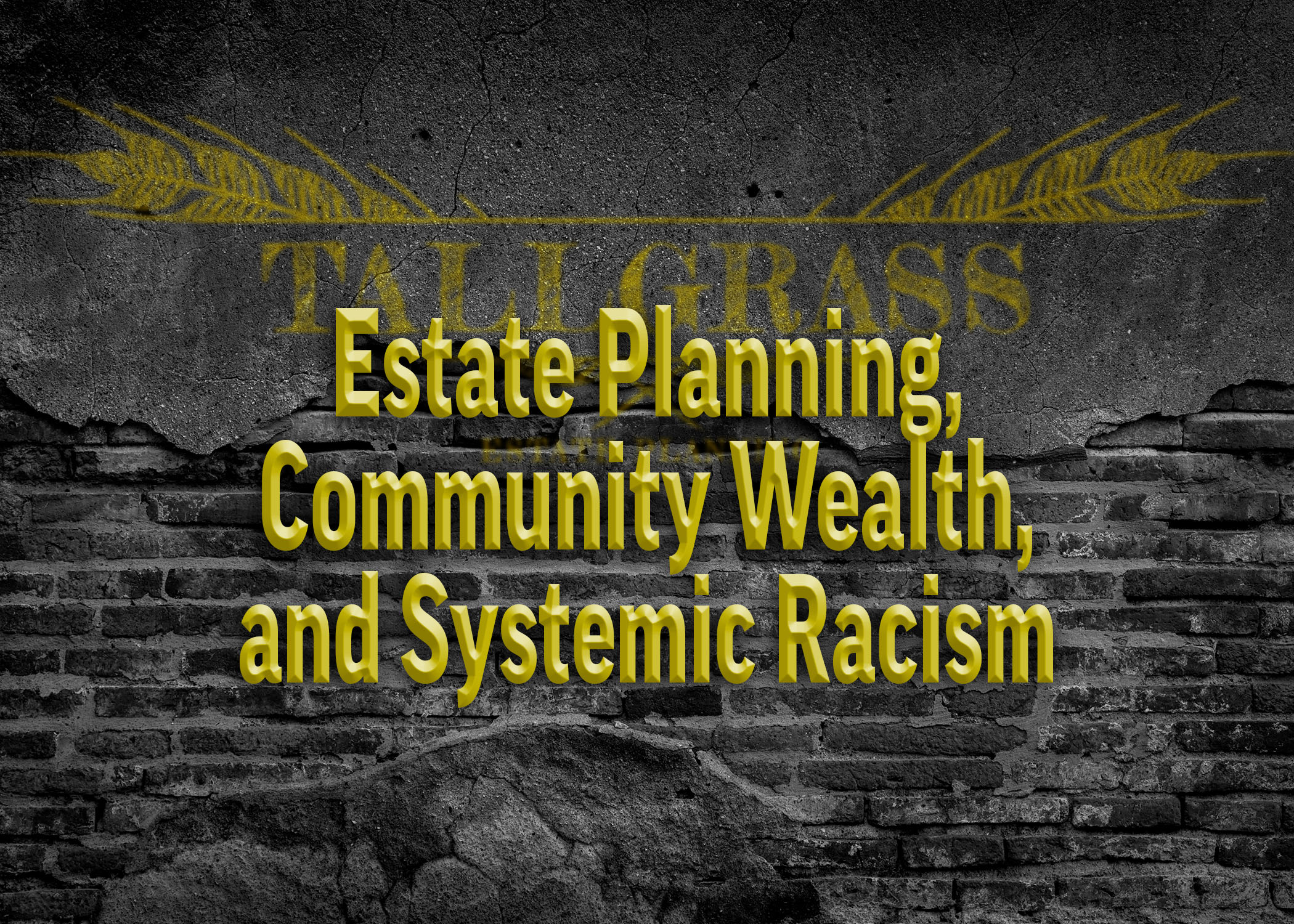
Have you ever considered that one of the most important reasons for creating an estate plan is to help your loved ones grieve? Not sure what I mean by that? Keep reading.
It's About More Than Just Your Stuff
A complete estate plan contains more than your wishes for who gets your stuff. While that is important and needs to be done in a way that avoids court oversight, administrative costs, unnecessary taxes, and asset protection, it is just one part of a good plan.
Your estate is more than just your stuff. It's You - your body, your values, your priorities. If you become disabled, or when you die, someone will have to make decisions about you. How, when, and where will you be cared for? If you are at the end of your life, do you want to receive life support or to "pull the plug"? When you die, do you want to be an organ donor or to contribute to medical research in any way? Do you want to be buried or cremated? And on, and on, and on...
Consider Your Caregivers
If it is necessary for others to make these and so many other decisions for you because of disability or death, chances are that the this will take an emotional toll on your caregivers. Willingness to provide care does not mean that your loved ones are not hurting, tired, or anxious.
One of the kindest things you can do for your caregivers and loved ones is to answer as many questions and reduce as many administrative difficulties as possible well in advance. By making your wishes clear, and by providing your intended medical proxies all of the authorities they will need, you are not only empowering your loved ones to carry out your wishes, but you are also freeing them to grieve.
The Difference Between Good and Better Grief
I have met with enough caregivers in hospitals and nursing homes during disability and talked with enough grieving family members following a loss that I can say with some authority there is a significant difference between good and better grief.
When your loved ones are not able to fully experience their grief because they are dealing the the "red tape" of talking to doctors, hospital administrators, and insurance companies without the proper authorizations, or because they are having to speculate about treatment, organ donation, or memorial arrangements, they have to deal with the anxiety and guilt of not knowing if they did what you would have wanted. This can affect them for weeks, months, or even years to come.
But when your loved ones can simply be with you and with one another after your disability or death, while following clear instructions without administrative difficulties, they are able to experience grief without the mixed feelings of anxiety and guilt that come from wondering if they made the "right" decision. When you have made the decisions for them, this is better grief.
#trust #advancedirective #livingwill #estateplan #caregivers

















